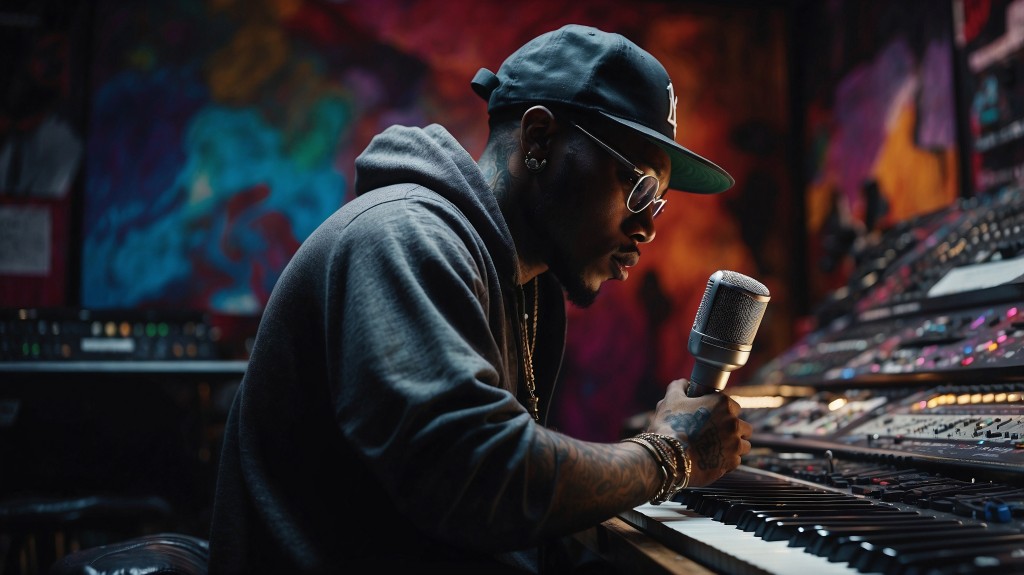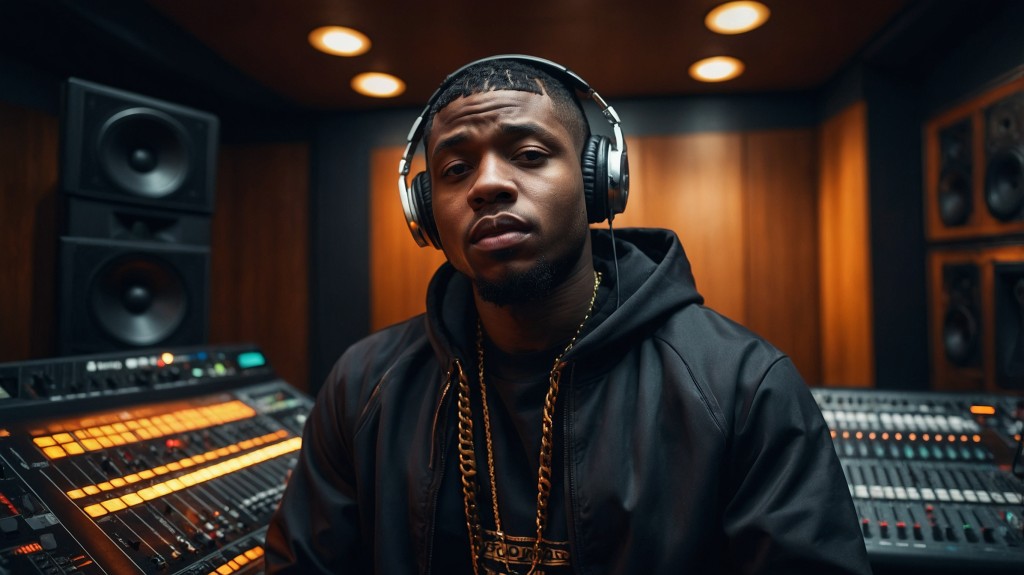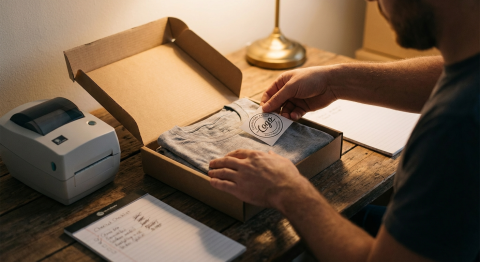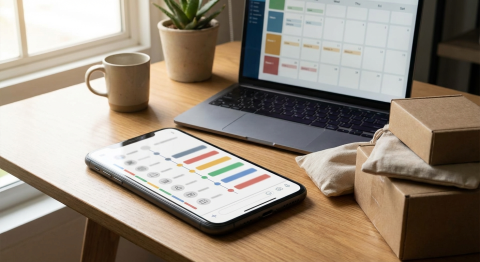In the vast and competitive world of music, finding your unique sound as a recording artist is crucial. Your sound is your identity, setting you apart from countless other musicians. It’s the essence of who you are as an artist and what makes your music distinct. This article will guide you through the journey of discovering and honing your unique sound, ensuring you leave a memorable mark on the music industry.
“Being an independent artist means creating your own path and defining your own success.” – Unknown
Understanding Your Influences
Table of Contents
ToggleIdentify Your Musical Influences
Every artist has influences that shape their musical taste and style. Start by identifying the musicians and bands you admire. Who inspires you? What genres do you gravitate towards? Make a list of these influences as a foundation.
Analyzing What You Love About Their Music
Once you’ve identified your influences, analyze what specifically draws you to their music. Is it their lyrical content, vocal style, or instrumental arrangement? Understanding these elements will help you incorporate similar qualities into your music without directly copying them.
Incorporating Influences Without Imitating
It’s important to draw inspiration from your influences without imitating them outright. Use their techniques as a springboard to develop your own style. This way, you create something new and authentic that resonates with your audience.


Exploring Different Genres
Experimenting with Various Styles
Don’t be afraid to step outside your comfort zone and experiment with different genres. This exploration can lead to unexpected and exciting discoveries that shape your unique sound. Try blending elements from various styles to create a fresh and innovative musical experience.
Blending Genres to Create Something New
Genre-blending is a powerful tool for creating a unique sound. By combining elements from different musical styles, you can craft a distinctive sound that stands out. Look at how genre pioneers have successfully mixed styles to find inspiration.
Learning from Genre Pioneers
Study artists who have successfully blended genres. Analyze their techniques and how they’ve managed to create a cohesive sound despite pulling from diverse influences. This can provide valuable insights into crafting your own unique blend.
Finding Your Voice
Vocal Techniques and Experimentation
Your voice is a critical component of your unique sound. Experiment with different vocal techniques and styles to find what suits you best. Don’t be afraid to push your vocal boundaries and discover new capabilities.
Vocal Training and Its Importance
Investing in vocal training can significantly enhance your skills and versatility. A vocal coach can help you explore various techniques and ensure you’re using your voice effectively and safely.
Playing with Vocal Effects
Experiment with vocal effects like reverb, delay, and distortion. These effects can add depth and character to your voice, helping you develop a distinctive vocal style.
Songwriting Techniques
Developing Your Lyrics
Lyrics are the soul of your music. Focus on developing your songwriting skills, paying attention to lyrical content and delivery. Write from personal experiences and emotions to create genuine and relatable songs.
Writing from Personal Experience
Personal experiences provide a rich source of material for songwriting. Draw from your life, emotions, and experiences to craft authentic and compelling lyrics.
Experimenting with Song Structure
Don’t stick to conventional song structures. Experiment with different formats, such as verse-chorus-verse or more unconventional arrangements. This can add a unique twist to your music and keep your audience engaged.
Collaborating with Other Artists
Benefits of Collaboration
Collaborating with other artists can open up new creative possibilities. It allows you to learn from others, gain new perspectives, and develop your sound further.
Learning from Peers
Working with peers provides opportunities for mutual growth. You can exchange ideas, techniques, and feedback, helping each other improve and innovate.
Collaborative Projects
Engage in collaborative projects, such as co-writing songs or featuring on each other’s tracks. These projects can introduce you to new audiences and help you expand your musical horizons.
“An artist is not paid for his labor but for his vision.”
James Whistler
Leveraging Music Production Software
Modern music production software offers a plethora of tools to experiment with sounds. Familiarize yourself with these tools and use them to create and refine your unique sound.
Experimenting with Digital Effects
Digital effects can transform your music in unexpected ways. Play around with different effects to see how they can enhance your sound and add a unique touch.
Home Studio Setup
Having a home studio allows you to experiment freely and frequently. Invest in good quality equipment and learn how to use it effectively to produce high-quality recordings.
Creating a Signature Style
Consistency in Your Music
Developing a consistent style across your music helps build your identity as an artist. While experimentation is important, maintaining certain elements consistently can make your sound recognizable.
Visual Branding and Image
Your visual branding is an extension of your musical identity. Develop a cohesive image that complements your sound, including album artwork, music videos, and social media presence.
Live Performances and Stage Presence
Live performances are a powerful way to connect with your audience and showcase your unique sound. Develop a strong stage presence and deliver memorable performances that reflect your musical identity.
Getting Feedback and Iterating
Seeking Constructive Criticism
Constructive feedback is invaluable for growth. Seek opinions from trusted sources and use the feedback to refine and improve your music.
Using Social Media for Feedback
Social media platforms provide direct access to your audience. Share your music and engage with your listeners to gather feedback and understand what resonates with them.
Continuous Improvement
The journey to finding your unique sound is ongoing. Continuously seek ways to improve and evolve, keeping your music fresh and relevant.
Staying Authentic
Staying True to Yourself
Authenticity is key to developing a unique sound. Stay true to your artistic vision and values, even when faced with industry pressures.
Avoiding Trends for the Sake of Popularity
Chasing trends can dilute your unique sound. Focus on creating music that genuinely represents you, rather than conforming to fleeting trends.
Long-term Vision for Your Music
Develop a long-term vision for your music career. This vision will guide your creative decisions and help you stay focused on your unique sound.
Conclusion
Finding your unique sound as a recording artist is a journey of exploration, experimentation, and self-discovery. Embrace your influences, explore different genres, and stay true to your artistic vision. Remember, your unique sound is what will set you apart and leave a lasting impression on your audience.








